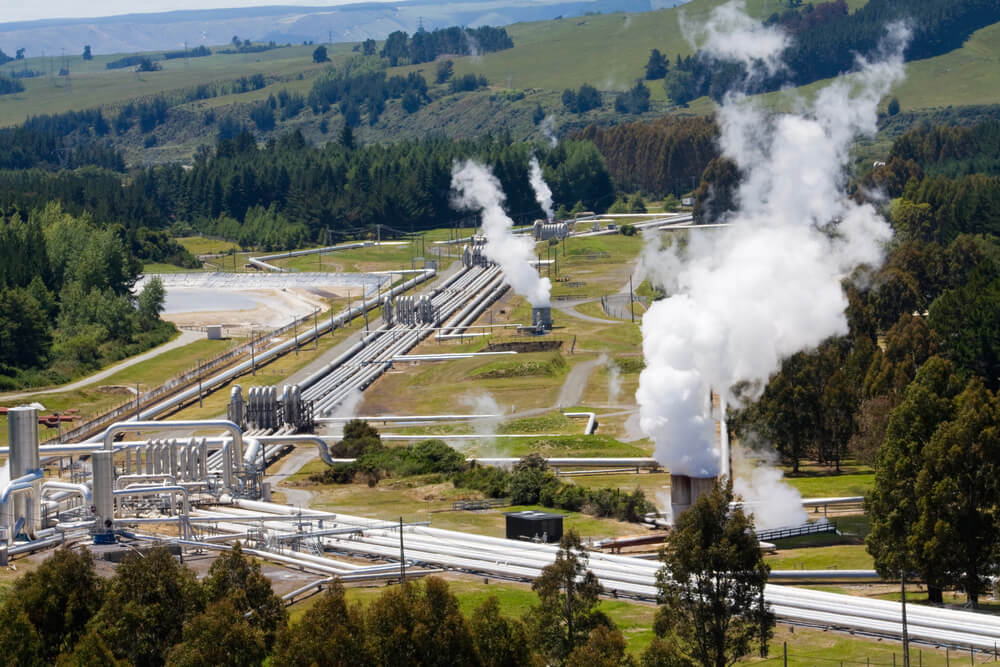
Understanding and harnessing alternative energy sources is one of the keys to unlocking a more sustainable future, and geothermal energy is one of the most promising energy sources available today.
You might have heard of geothermal power plants—they harness geothermal energy to generate electricity. Large geothermal plants in the United States generate enough electricity to power millions of homes—here in Canada, though geothermal energy is a potentially viable source of electricity, there are very few geothermal plants—like the one in Swan Hills.
Though geothermal energy is typically thought of as a source of electricity, it can also be used for heating and cooling—geothermal heat pumps are a viable and sustainable alternative to traditional furnaces and air conditioners. Let’s take a look at what geothermal energy is and the pros and cons of geothermal heat pumps:
What Is Geothermal Energy?
Geothermal energy is heat within the earth. The temperature of the earth’s core ranges from about 4400°C-6000°C; at its highest, the earth’s core has a temperature as high as the surface of the sun.
The incredible heat from the core of the earth radiates outwards—it generates so much heat that the temperature of the earth’s crust and mantle increases by about 25°C per kilometre of depth as you approach the core.
Geothermal energy generation—be it geothermal heat pumps or geothermal electricity—works by harnessing that immense heat to serve human needs.
Geothermal heat pumps work by harnessing this heat and transferring it into your home. Pipes are laid about ten feet underground, where the temperature is about 12°C year-round. That might not seem very hot, but it’s enough to heat the liquids used in the heat pump to heat or cool your home.
What Are the Pros of Geothermal Heat Pumps?
There are many pros to geothermal heat pumps:
- They’re a reliable source of heating and cooling
- They’re relatively quiet
- They can drastically reduce your carbon emissions
- You’ll save on your energy bills
- You can use your heat pump year-round
All of these factors make geothermal heat pumps an excellent choice and a great use of geothermal energy.
What Are the Cons of Geothermal Heat Pumps?
Geothermal heat pumps are viable here in Manitoba—but they’re not as common as you might expect. This is because there are a few disadvantages to using geothermal energy to heat your home. These disadvantages include:
- A high initial cost
- A complex installation process
- A large amount of space is needed
Most properties here in the City of Winnipeg won’t have enough space to install geothermal heat pumps. Those that do can expect a high upfront cost—these systems typically cost $15,000-$40,000 to install. A typical geothermal heat pump requires hundreds or thousands of metres of pipe to be buried underground—the process is complex and labour-intensive.
Conclusion: Geothermal Heat Pumps Are a Viable Form of Renewable Energy
Though geothermal heat pumps aren’t an option everywhere in Winnipeg and the surrounding area, they are an excellent way of generating renewable heat and cooling. As heating and air conditioning contractors in Winnipeg, the team at Provincial can help you determine if a geothermal heat pump is a viable solution for your home—contact us today!

